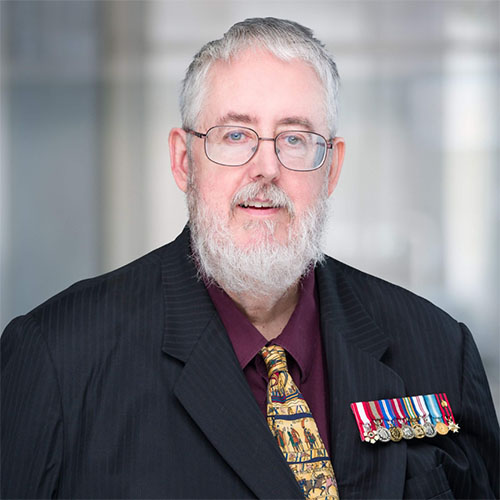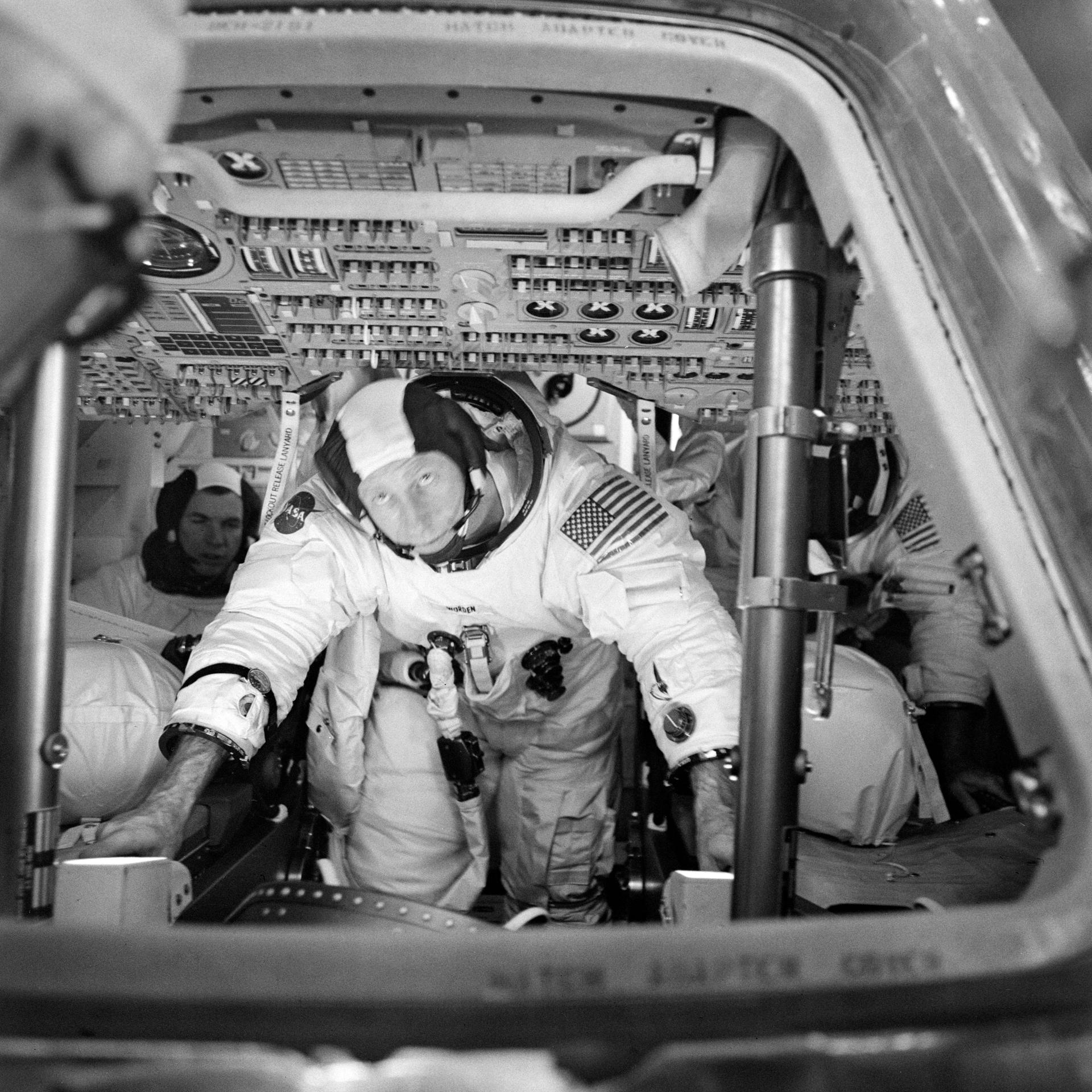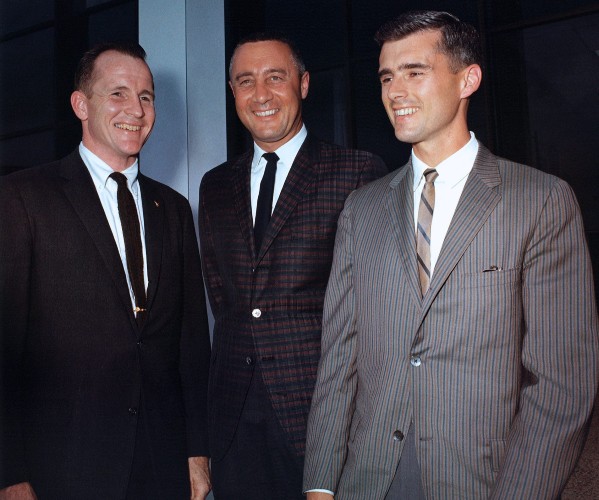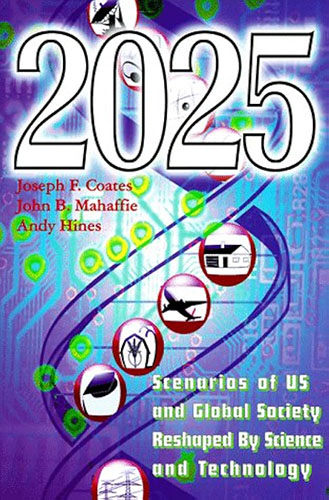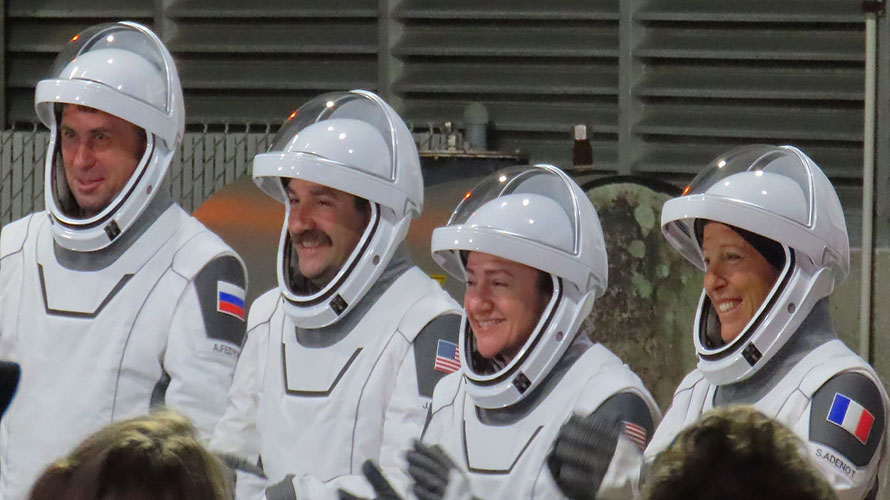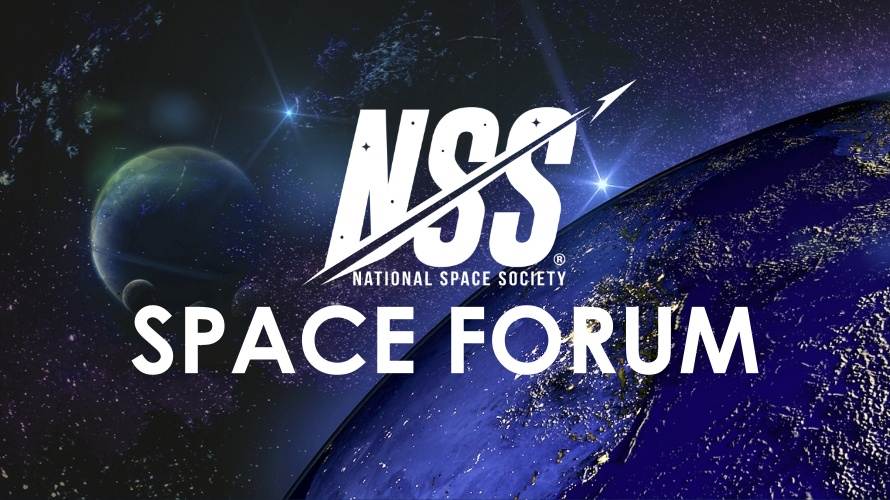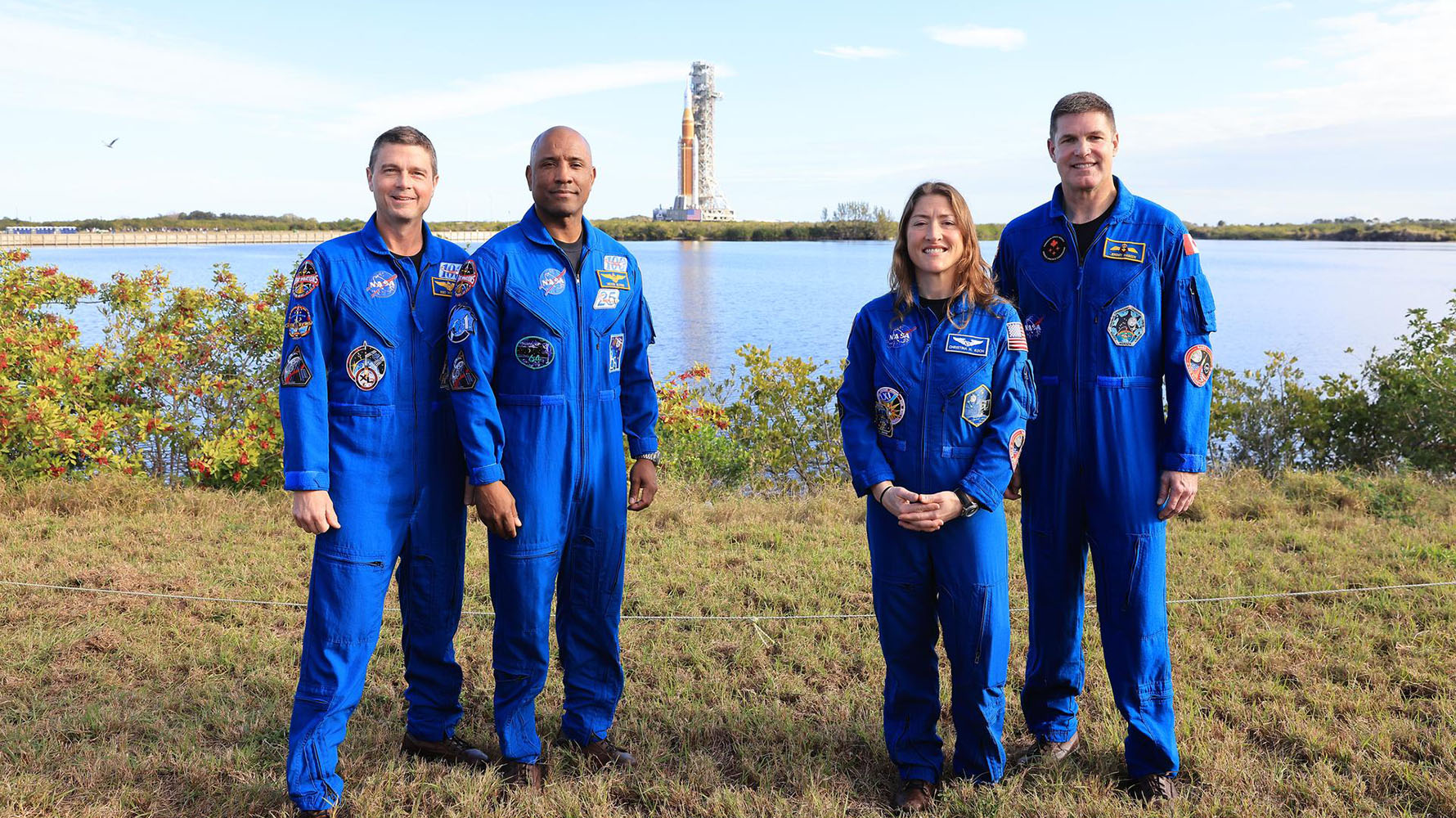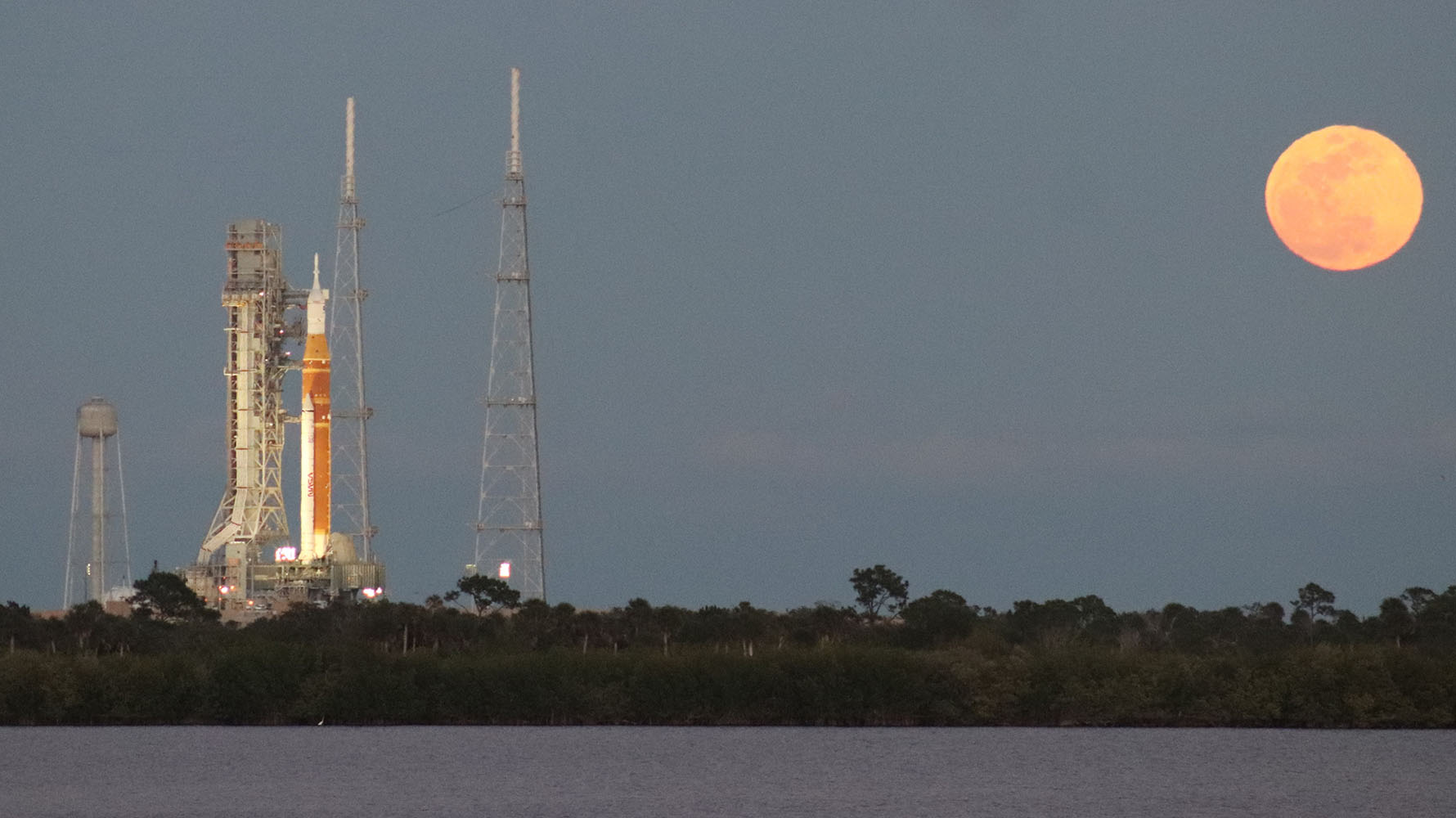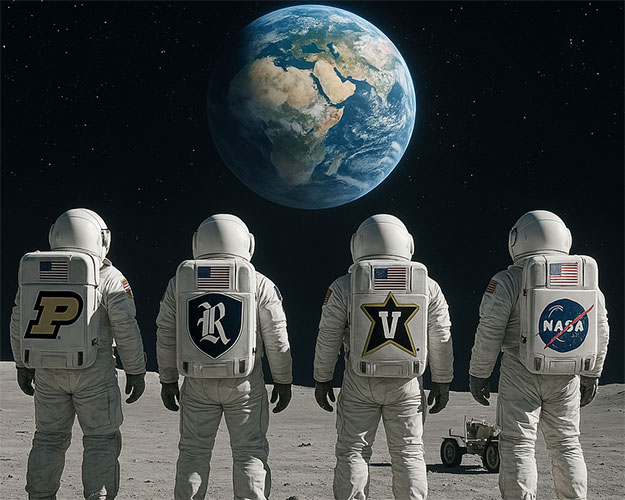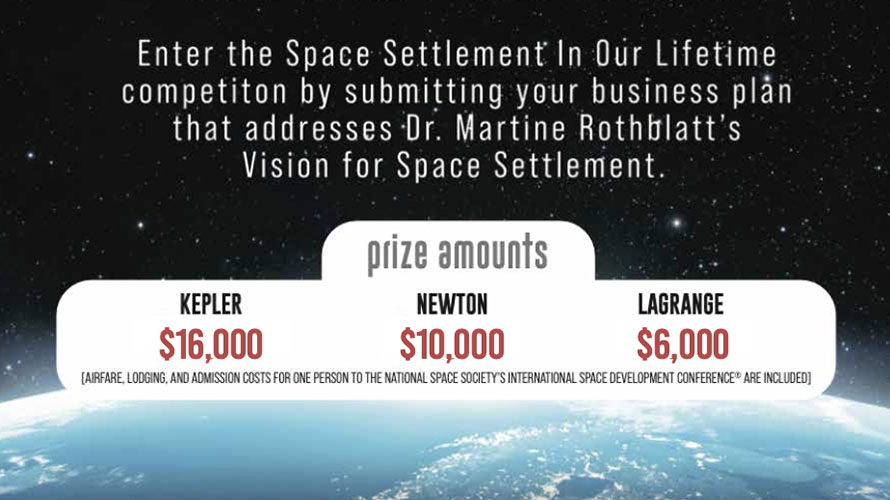By Kelly Wu (Writer/Researcher, Antarctica Institute of Canada)
and Burt Dicht (NSS Managing Director of Membership)
On April 24th, NSS member, scholar and disability activist, Dr. Austin Mardon, FRCGS, IAA, was honored with the prestigious NASA Excellence in Diversity, Equity, Inclusion, and Accessibility (DEIA) medal. This award celebrates his outstanding efforts in fostering inclusivity within the realm of space exploration and beyond during the course of his career. Dr. Mardon, renowned for his academic expertise and tireless advocacy, stands as an inspiration in the pursuit of a more inclusive world.
The award (photo below) was presented by Casey Swails, NASA Deputy Associate Administrator, and accepted on Dr. Mardon’s behalf by Jill Smyth, Counselor, Space Affairs, Embassy of Canada to the United States at NASA Headquarters in Washington, DC.
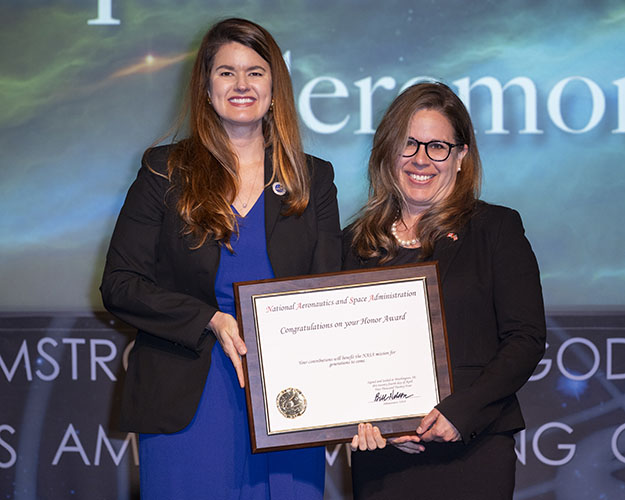
Photo credit: NASA/Joel Kowsky
Dr. Mardon is not only an educator but a multifaceted explorer whose contributions span geography, planetary science, and theology. With over 360 scholarly papers, 300 books, and numerous other publications to his name, Dr. Mardon is one of Canada’s most prolific academic scholars. His groundbreaking work on meteorites and comets has garnered acclaim from prestigious institutions such as Nature Journal, the Science Journal, and NASA. Holding professorships at both the University of Alberta and the University of Lethbridge, he has left an indelible mark on academia.
Reflecting on his journey, Dr. Mardon expressed gratitude for the honor bestowed upon him by NASA, remarking, “It felt like coming home.” This sentiment encapsulates the profound significance of this recognition, symbolizing the culmination of a lifetime dedicated to advancing inclusivity and accessibility.
Dr. Mardon’s path to success has been fraught with challenges. In 1986, he embarked on a groundbreaking expedition to Antarctica funded by NASA, where he unearthed over 700 meteorites, earning him the Antarctic Service Medal. However, the harsh conditions of the expedition left him physically and mentally debilitated. Despite these setbacks, Dr. Mardon persevered, continuing his academic pursuits and contributing significantly to astronomical science.
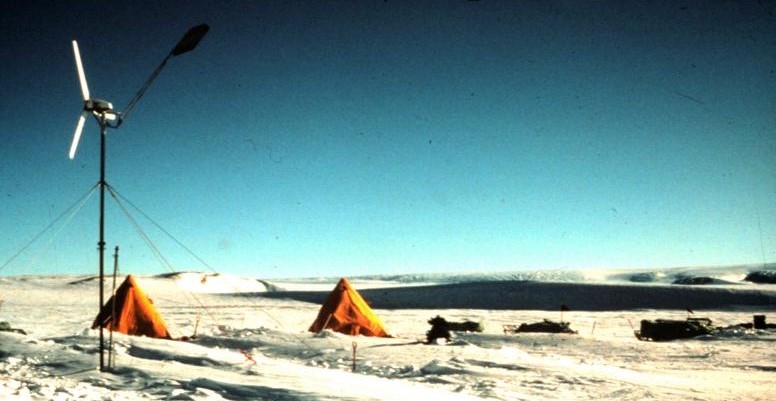 Mardon Antarctic camp. Credit: Austin Mardon.
Mardon Antarctic camp. Credit: Austin Mardon.
“I haven’t done as much as I wanted but I am very proud,” he continued, reminiscing on the challenges throughout his journey. “I applied in Canada to be an astronaut when I was a young man before I got sick, so to receive a NASA medal at my age after everything that has happened is a lot.”
Tragedy struck Dr. Mardon again in 1991 when he was diagnosed with schizophrenia. Undeterred by his condition and physical limitations resulting from frostbite, he pursued a Ph.D. in geography and emerged as a leading advocate for disability rights. Over the past three decades, he has championed mental health awareness and accessibility, earning accolades such as the Order of Canada and the Canadian Medical Association (CMA) Medal of Honour.
Beyond his academic achievements, Dr. Mardon’s impact extends to fostering opportunities for student growth. As President and Founder of the Antarctic Institute of Canada, he has spearheaded initiatives to empower students from diverse backgrounds, providing over $4 million CAD in funding. Through collaborations with government agencies and youth empowerment organizations, Dr. Mardon has facilitated employment opportunities for over 600 students, nurturing the next generation of scholars and activists.
Furthermore, Dr. Mardon’s advocacy extends to space exploration, where he collaborates with Mission: AstroAccess to promote the inclusion of individuals with disabilities in space missions. His efforts are paving the way for increased diversity and representation within the astronaut corps, ensuring that space exploration is accessible to all.
In recognition of his remarkable achievements and unwavering dedication to diversity and inclusion, Dr. Austin Mardon stands as a deserving recipient of the NASA DEIA Medal. His tireless activism and contributions to academia serve as a testament to the transformative power of inclusivity in shaping the future of space exploration and beyond. As his legacy continues to inspire generations to come, Dr. Mardon remains a beacon of hope and progress in the quest for a more inclusive world.
The National Space Society extends heartfelt congratulations to Dr. Austin Mardon on his illustrious career and recent recognition with the prestigious NASA Excellence in Diversity, Equity, Inclusion, and Accessibility (DEIA) medal.

